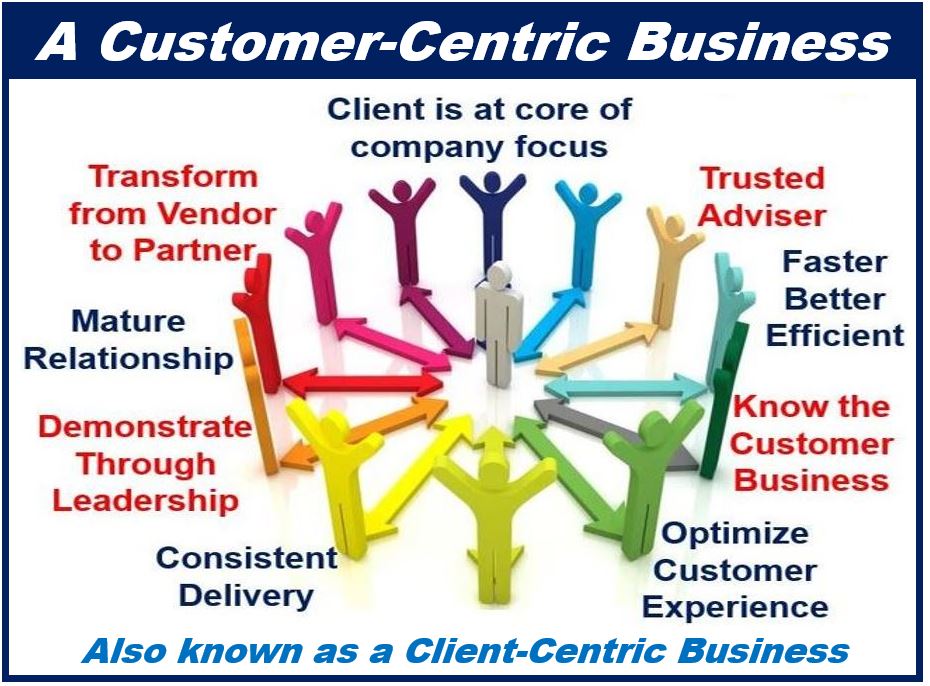Even though wealth management is one of the oldest business services in the world, it didn’t change much in the past 200 years. It’s the all-permeating digital disruption that forced companies to change their business models in the last two decades.
With dramatic changes brought by the pandemic and immense technological advancements, wealth management is about to be transformed again. In this article, we provide a future outlook for the wealth management industry based on what we at Itransition have seen in our practice.

Different Fee Models
Nowadays, lowering the entry barrier is a pervasive trend in many industries, with asset management not being an exception. It’s not a guess — millennials’ desire to lower fees is often vocalized via social media.
An increasing number of emerging self-service platforms also put pressure on more traditional wealth management providers by offering essentially the same but impersonalized services for significantly lower fees. The new generation of customers is used to comparing any services using online tools, with price often being the most critical factor.
Many forward-looking companies now change their business models to provide basic services at little to no cost, while offering limited-access insights for a fee, which effectively broadens the audience.
On the other hand, wealth managers can also opt for less common fixed-fee or value-based models, or combination of both. Instead of linking fees solely to the price of assets, it can be correlated to other metrics like asset performance or effort it takes wealth managers to provide their services.
Impactful Investment
More investors have become increasingly interested in making a positive impact with their assets. Assessing companies’ environmental and social impact is no longer an afterthought but a priority.
Again, this brings us back to the importance of understanding customers’ values. Whether they are LGBTQ activists or solar energy advocates, it’s critical to ensure that their values are considered in portfolio offerings.
Customer-Centricity

While being customer-centric is a constant trend, it takes many different forms in the wealth management context. The pandemic revealed that in such uncertain times clients value insightful, fact-based advice more than anything. Last year, actively-managed portfolios significantly outperformed their passive counterparts, indicating that guidance is a critical success factor.
In a broader sense, wealth managers need to put more resources into understanding their clients. More often than not, customer-centricity is limited to eye-catching UIs and a connected CRM tool, which won’t suffice in such a competitive environment. Anticipating customer needs and predicting their desires is what drives fruitful, long-term customer relationships.
Today’s new generation of investors also wants to actively participate in companies’ strategy development. Many advisors reveal that their clients’ interests often go beyond financial gains and expand towards other important areas like life insurance or wellness.
Personalization
With AI-enabled hyper-personalization now becoming ubiquitous, customers expect suggestions tailored to their personality even from wealth management platforms.
In many cases, it’s not even about using AI to make better financial decisions. Wealth managers make use of this technology to better understand clients’ life goals, and interact with them in more meaningful ways. However, experts emphasize the importance of the human-in-the-loop approach, as letting AI make such decisions can be risky, especially when it comes to clients in the upper wealth bands.
Machine learning-based analytics will help wealth managers provide their clients with definitive scenarios of how different investment choices will play out. AI will also play a huge role in decreasing the number of offerings, leaving only the most suited options for further assessment. Furthermore, advancements in data analytics will also lower the cost of creating highly tailored lists of offerings.
All in all, customer experience is now a critical differentiating factor. Retail investors are looking for transparent, trusted and collaborative relationships with their advisors. Wealth managers’ expertise on the subject matter is still among the top most important factors, but addressing clients’ specific needs will most likely gradually become equally important.
New Provider Classes
Because of the rapid influx of new traders, the pandemic’s impact, and the overall changing wealth management landscape, we will most likely see new, more definitive provider models emerge:
Giants
The biggest industry players will become even bigger with mergers and acquisitions becoming noticeably more common. Given the market expansion, the increasing number of clients, and tighter regulatory frameworks, firms will need more resources, talent, and control over their operations. These firms will cover the majority of the market.
Niche specialists
On the opposite side of the spectrum, boutique firms will serve high-net-worth clients with very specific demands. Such customers often require custom approaches and unique services that will be different from client to client. Whether they are looking for investments with particular impact, exclusive market opportunities, or have an unusual way of conducting deals, these clients need a highly individualized approach. For these boutiques, real human interaction is key.
Many experts claim that mid-sized companies will have a harder time conquering the market. If they don’t change their approach, this will most likely be it. These firms will need to find the right balance between offering highly digitized solutions and traditional wealth management approaches to stay relevant.
Overall, personalization, customer-centricity, and the ability to leverage technology to its full potential will be the most crucial success factors in this industry in the next few years.
Interesting related article: “What is Wealth?”

